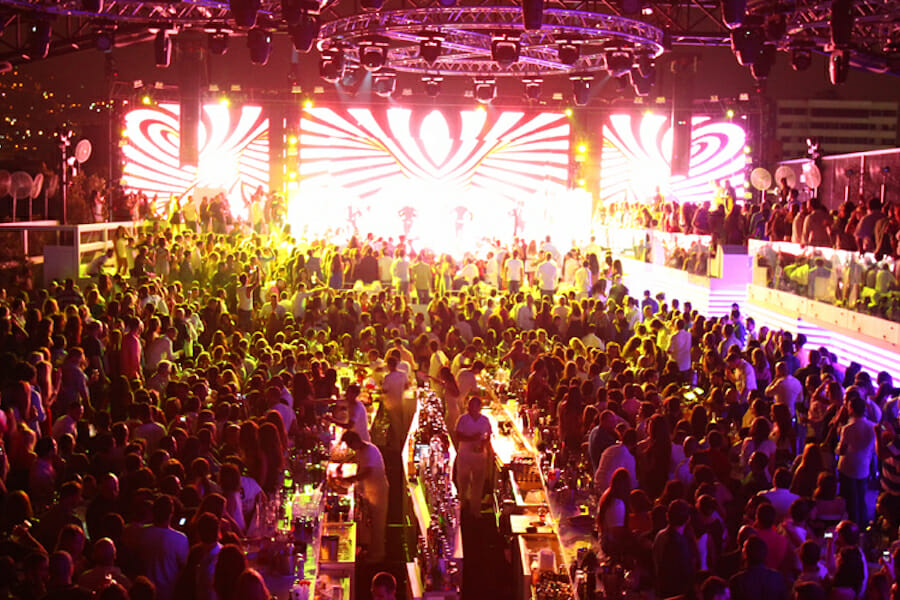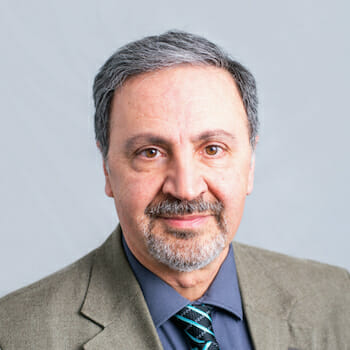
Saudi Cultural Reforms: Too Early for an Alcohol-Free Dance Club
Saudi Arabia’s Vision 2030 is not just about economic diversification. It also has an active agenda for social and cultural transformation, which on some issues can prove highly divisive and controversial. The establishment of Western-style mixed-gender dance clubs has emerged as one of the most controversial cultural reforms in recent weeks. As soon as news about the proposed plans for the operation of the Kingdom’s first dance club in Jeddah, called White Jeddah, broke out, it drove the Saudi citizens into a heated debate on social media.
This debate was a reflection of the diverse and polarized public opinion about cultural freedom and Western-style entertainment in Saudi society. Even though the Dubai-based Addmind Hospitality Group that owns this nightclub has repeatedly said that it will be an alcohol-free “Islamic” nightclub, the conservative backlash against this proposal was very intense. Most Saudis that posted negative comments about White Jeddah, were concerned about the mixed-gender environment of this nightclub, which allowed men and women to dance and socialize with each other in a setting that is considered unacceptable to many conservative Saudi citizens.
On the same day that the White Jeddah Club was supposed to open, it was shut down by Saudi Arabia’s General Entertainment Authority (GEA), which was created under Vision 2030 to promote and regulate entertainment and cultural programs. Although GEA pointed to some technicalities and incomplete paperwork as the reason for this intervention, the more likely motivation for blocking this nightclub’s opening night event was the government’s concern about the religious and social opposition. The manner by which White Jeddah was reopened after a few days, offered strong evidence about GEA’s cultural motive. In the past two years, GEA has shown unprecedented support for all types of entertainment, which rose from 55 events in 2016 to 2,200 in 2017. White Jeddah was allowed to reopen as a lounge on June 18th to serve food and offer live music performances without dance.
The opening of this nightclub in Jeddah was the latest in a series of cultural and social liberalization steps that have been initiated by Crown Prince Mohammed bin Salman (MbS) since he launched the Vision 2030 development plan in April 2016. Previous steps included the opening of cinemas, allowing women to drive, promoting comedy clubs, sponsoring the Kingdom’s first Western music concert, and its first women clothing fashion show. These developments are part of a comprehensive program within Vision 2030 for the development of domestic art and entertainment opportunities.
The religious and conservative sentiments represent a major challenge to the cultural reforms and entertainment culture in Vision 2030. In general, King Salman and Crown Prince Mohammed bin Salman have been successful in convincing the formal religious authorities of the Kingdom to refrain from denouncing the Vision 2030 social programs. In other cases, they have arrested conservative Islamists who have voiced opposition to political repression or liberal social reforms. Yet at the same time, they have also shown sensitivity to public sentiments about government policies that are expressed on social media.
The GEA’s decision on White Jeddah is the second time in the past three years that a Vision 2030 policy has been altered in response to public sentiments on social media. In April 2017, King Salman restored the salary bonuses of public sector employees that the government had planned to eliminate after millions of Saudis took to social media in protest.
Saudi public opinion on cultural and social reforms is very diverse. While a large segment of the Saudi population is highly religious and conservative, there is also a sizable minority of well-educated and Westernized middle class in large cities that supports MbS’s social and cultural reforms. This cultural divide has been evident in various public opinion surveys and a recent academic analysis of social media reactions to Vision 2030 programs by Dr. Saad al-Qarni. It is also evident in the social and entertainment choices of some Saudi citizens when they travel to Bahrain, Dubai, or other international tourism destinations. As some contributors to the social media debate on Jeddah nightclub had noted, many Saudi tourists show interest in “non-Islamic” entertainments outside Saudi Arabia.
Consequently, the Saudi government has to take the diversity of opinions into account when deciding which social reforms to push forward and how to implement them. If the government decides to focus on deep reforms on women’s social and legal rights, beyond the right to drive, it must anticipate strong social resistance from some highly conservative groups. If ignored, some protests and opposition campaigns on social media can lead to social unrest and radicalization of some individuals.
One transitional measure that might help defuse the opposition to some cultural and social reforms is to introduce them initially in specific geographic regions rather than the entire country. This strategy is not a new concept in Saudi Arabia and was taken into account by the late King Abdullah. The King Abdullah University for Science and Technology (KAUST), which was founded by King Abdullah in 2009, does not enforce gender segregation, which is the norm in Saudi Arabia. Instead, it allows for coeducation in classrooms and tolerates social interactions among male and female students inside its campus.
Vision 2030 also includes similar plans for the creation of more liberal cultural zones in its tourism and entertainment programs. One of the largest projects in Vision 2030 is the NEOM futuristic city, which will be situated in the coastal area of the Red Sea near Jordan. The NEOM economic city is modeled to a large extent after Dubai and it is envisioned to operate as a separate legal and cultural zone with its own roles and judicial system and its more liberal social norms relative to ordinary Saudi societies.

